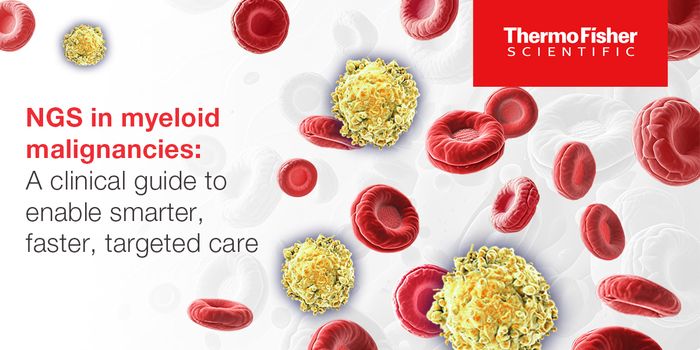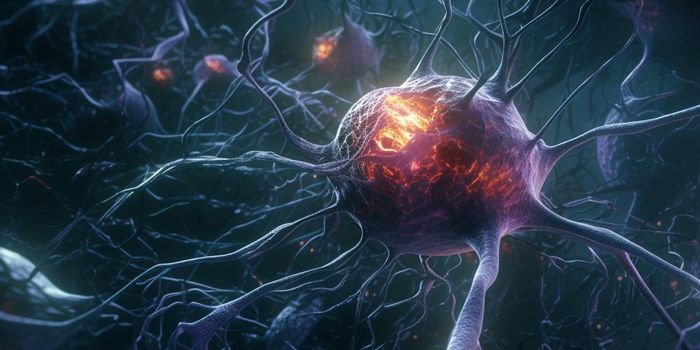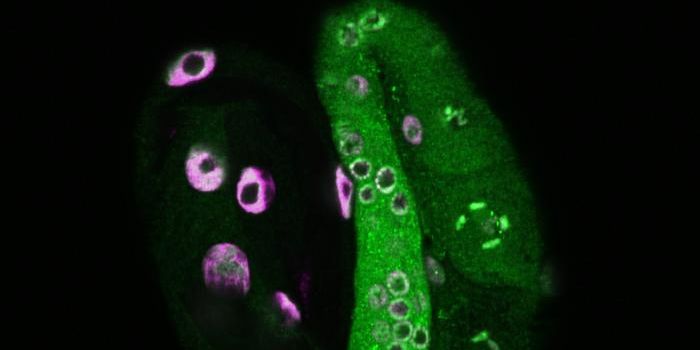The Genetic Reasons You're Addicted to Smoking
Addiction to cigarettes, or nicotine, is one of the most widely researched addictions in modern science. And this is no surprise. Over 1.1 billion people around the world smoke cigarettes, with smoking being considered the leading cause of avoidable deaths. But what causes people to smoke? Are there any genetic factors to consider?
Yes. Over the years, observations on smoking patterns have confirmed that genetics play a role in one’s predisposition to smoking and nicotine addiction. In fact, heritability estimates for smoking initiation range between 0.32 and 0.78, meaning that genetic factors have a moderate effect on the behavior (Do: 2016). But which genes in particular make this happen?
A DNA variant located in the DNMT3B gene has been identified as a risk factor for heavy smoking, as well as the development of lung cancer. Analyzing over 38,600 former and current smokers in the United States, Iceland, Finland and the Netherlands, the researchers tested almost 18 million variants across the genome for nicotine dependence. According to Dana Hancock, a co-author of the study, "The variant that we identified is common, occurring in 44 percent of Europeans or European Americans and 77 percent of African Americans, and it exerts important effects on gene regulation in the human brain, specifically in the cerebellum (RTI International: 2017)."
A variant of another gene, CHRNA5, can double one’s likelihood of developing an addiction to nicotine. When researching the gene, which codes for a subunit of the acetylcholine receptor that reacts to nicotine, researchers initially assumed that it would make the ingestion of nicotine more pleasurable as those with this variant tend to smoke more heavily than those without. Their experiment found out instead however, that the gene simply softens nictoine’s negative effects- making one’s first time with a cigarette less unpleasant than for those who have a different variant of it (Fowler: 2014). How does this happen?
Researchers investigating the influence of this gene in mice found that it operates in the habenula, a region of the brain associated with avoidance and aversion. Although previously not considered to be linked to addictive behaviors, they found that heavy smoking may in fact damage the neurons in this brain region, leading to strong negative feelings. Consuming more nicotine may then be seen as a way to combat this distress, thus increasing the individual's likelihood to smoke more cigarettes (Szalavitz: 2015).
To conclude, genetic factors play a significant role in determining one’s susceptibility to nicotine addiction. By influencing one’s neurological response to the substance, they can either encourage or discourage one’s consumption of it and dependence on it. To better understand how this happens, further research is needed to investigate the neurological processes and triggers behind this addiction.
Sources
Do, Elizabeth K. US National Library of Medicine
Fowler, CD: Pub Med
Szalavitz, Maia: Nature










